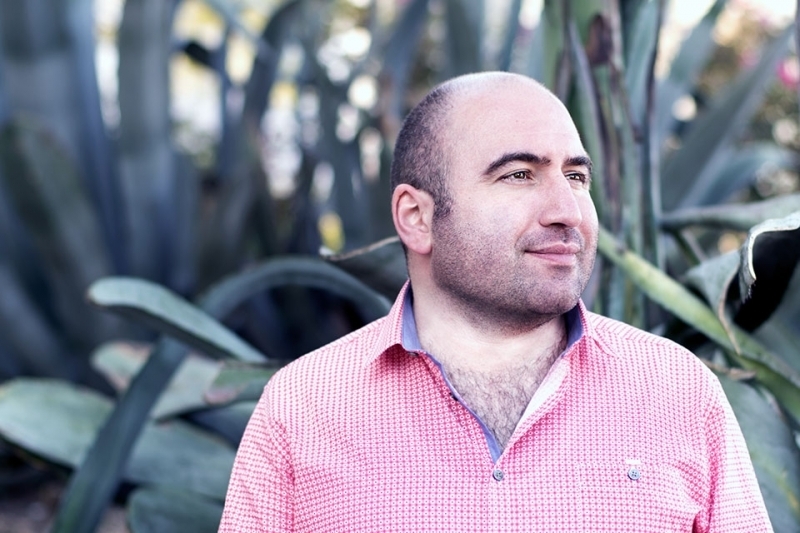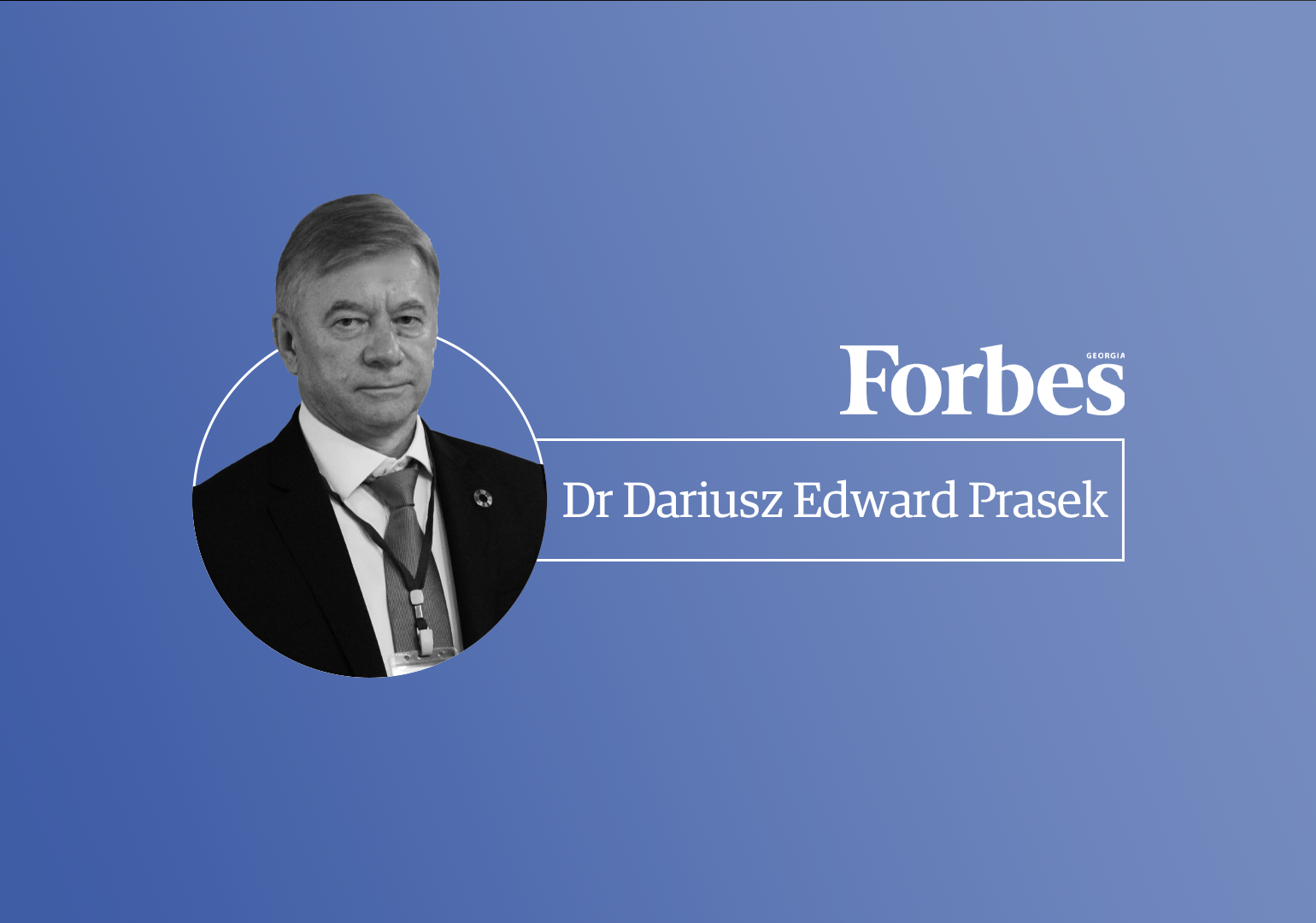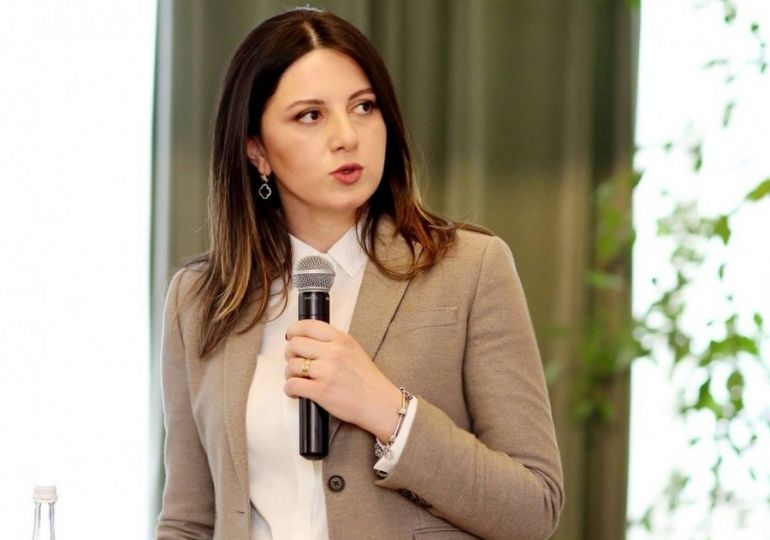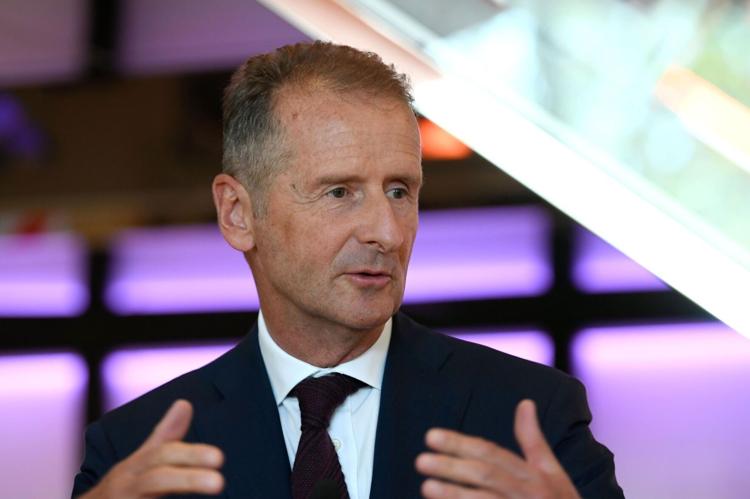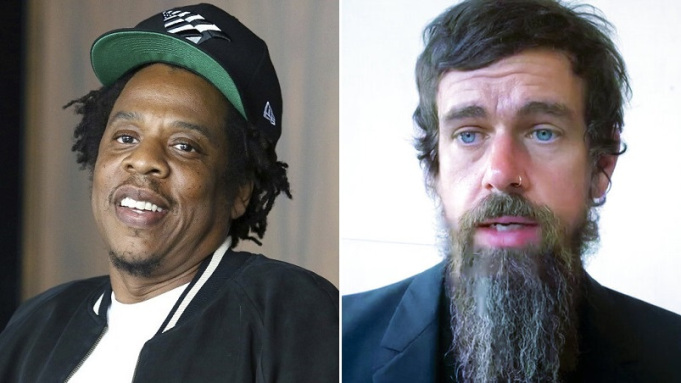Born in Soviet Georgia, George Arison turned an ‘impossible life’ into his American dream. In the space of just four years, the Georgian entrepreneur managed to attract $275 million in investments to his San Francisco-based company.
It is the hot autumn of 2018. Having last interviewed Irakli Areshidze 15 years ago, we are meeting the same man again, except he now goes by the name George Arison. An announcement by Ilia State University alerted us that he was here visiting his country of birth. Arison, who is now based in San Francisco, is one of Georgia’s most successful entrepreneurs and start-up gurus, and he is here in Tbilisi to take part in the Start-up Grind event in Tbilisi.
Shift Technologies was founded in 2014, and has attracted more than $275 million in investment to this day. Shift itself is an online platform that can be used for buying and selling used cars. The platform was used by up to 9,000 people this year. Prior to Shift, Arison co-founded Taxi Magic in 2007, which is now operating in several states under the name of Curb. Curb’s online taxi service app was created before Uber. Prior to starting his own business, Arison worked as a product manager at Google. He was also part of the Boston Consulting Group.
However, his story starts in Georgia.
Irakli Areshidze was two-years-old in 1978, when his parent’s generation was conducting unprecedented protests on Rustaveli Avenuein Soviet Tbilisi, demanding the retention of the constitutional text pertaining to the state language. Around the same time, he started to learn English as his father spoke firmly and confidently about a future that was unthinkable during that time.
“My father was somewhat crazy. In the 1970s and 80s, he was talking about his children living in the United States,” notes Areshidze, not forgetting about the promise he made to himself. “When I moved to the US in 1992, I always thought that I would return to Georgia in 10-15 years.” His future plans were tied to a country that he could not mention to his friends without needing to provide a short lesson in geography – “Georgia the country, not the state.”
Today, everything is different, as far as both his personal life and the global awareness about Georgia are concerned.
“When I talk about Georgia today, people often tell me that they know about our country. They tell me stories about friends who travelled to Georgia and visited interesting places there.”
Arison is delighted to see the country’s progress in the field of tourism, the opening of many new hotels, and the multitude of articles about his homeland in various publications. However, he cannot help pointing out that the economy in Georgia is still not strong enough to allow people to live comfortably.
Unlike during his younger days, he now follows the political life in Georgia more sporadically. He reads the news on Civil.ge each week and discusses current affairs with his father on a weekly basis. Nevertheless, he has a clear and well-defined opinion on many issues. In his view, the gaps between the various layers of society constitute one of the main problems in Georgia. “A situation where there are very rich and very poor people, and very few in-between, is not good for the country’s development. It is good that there are many rich people, and I have nothing against that. However, we must find ways of ensuring that this wealth trickles down. This must be ensured by the government and enabled by economic growth.”
On this occasion, we did not have the time to go into Arison’s opinions about the current government’s economic views and strategy. However, when expressing his sympathies towards the current government, he had answers ready for those with a differing viewpoint – those who question the informal nature of the administration. He cites the example of Sonia Gandhi, whose government had no complaints directed against it for lack of democracy during their eight years in power. He is not even convinced that there is an informal government in place in Georgia at all, but sees such a setup in a positive light.
“It is good to have such an extra-constitutional force in Georgian politics, controlling and balancing out the government while the latter is developing.”
Arison knows that his unpopular views may attract criticism, but remains undeterred despite his past experiences in politics. His assessments of the political processes in Georgia in 2003-2004, which can be found in his book Democracy and Autocracy in Eurasia: Georgia in Transition, have not changed 15 years down the line.
“Georgia only managed to achieve results after 2012. I do not think that there was any real progress during the 2003-2012 period. On the contrary, there was a decline in policy development. Then something unique happened: someone had enough money to ensure that the country could get back on track towards democratic development.”
Arison does not even give the former administration credit for relinquishing power peacefully, even though he knows that such precedents are rare in countries in the post-Soviet space. Here too, the businessman sees money as the main influencing factor.
“This was not their accomplishment. They were told by the Americans that things would otherwise end badly for them. I know this for certain, and I know that this happened because Bidzina Ivanishvili had enough money to hire half of the lobbyists in Washington.”
Arison has never met Georgia’s representative on the Forbes list of billionaires in person, and is not particularly close to any other members of the current government either. He had closer ties to the political figures of the 2003-2004 period, which, in a way, conditioned his future success: confronted with the dire political situation in Georgia, he decided to relocate back to the United States. At the same time, this move was motivated by the fact that he missed his friends, family and the environment which he left behind for 18 months when he came back to Georgia.
Thus began Irakli Areshidze’s transformation into George Arison. His mother helped him choose the new name. In 2007-2008, as he was offering the services of Taxi Magic to other companies, he initially had to devote a lot of time to discussions about his name. The foreign-sounding name Irakli Areshidze would often steer business conversations in the wrong direction, with potential partners believing that the person on the other end of the phone was looking to start working as a driver. For his new identity, he chose his father’s first name and translated part of his surname (Are-son).
A search for practical solutions to existing problems inspired him to start his first business. While working for Boston Consulting Group and conducting frequent business trips, he was wondering why the problematic process of hailing a taxi on the street could not be simplified through a single telephone app. This is no longer a challenge today in the home of Uber and Lyft. However, Taxi Magic preceded both of those firms. Arison now talks about the mistakes made by him and his business partner Toby Russell during the process of building their first company in a light-hearted manner. They created a lot, while others reaped the benefits. To put it simply, Taxi magic was only offering software, with all the other services still being provided by the taxi companies themselves. Then came Uber, claiming to offer everything, and thereby monopolizing the market. Competition from Lyft later forced it to somewhat alter its concept, but that is no longer Arison’s concern. Even Taxi Magic is now run by others, albeit under the Curb brand. As for George Arison and Toby Russell, their setback allowed them to grow as businessmen.
“The best entrepreneurs are those who use their first company to gather experience, taste success and rather than following one business to the end, go on and start something new. Silicon Valley encourages setbacks. Learning from failure is a good thing.”
Learning is also conditional. There is no perfect formula for success in the startup era. It is difficult to provide a precise description of a million dollar idea, but we can be certain that a million dollar idea coupled with investment can bring in a lot of money. A low six-figure sum is no longer regarded as a considerable amount. For George Arison, the $2.5 million investment spent on his first company over a period of 24 months was a lot of money. Today he has received $3.5 million for his first start-up series, and that is far from the limit. In the space of 10 years, the reality has changed so much that start-up businesses can raise $5-10 million in seeding capital.
“For better or for worse, start-up capital has grown substantially across the world. Raising early funds is very easy, and although people expected costs to decrease as technologies improved, the opposite is now the case. Everyone spends a lot to ensure that the business gets off the ground. A million dollars is no longer a huge amount.”
The difference between a million and a billion is huge even in the start-up mecca. Although the number of so-called unicorn companies is gradually growing, there are only 10-15 companies in the world that can purchase start-ups that are worth more than half a billion dollars. The numbers are conditional – nobody knows what happens tomorrow. The market is competitive, and it is growing.
I believe that we will soon witness a big surge in the share of venture capital in investment. China will play a significant factor – its economy is booming, and a lot of money is being invested in Chinese start-ups. For the first time, we see a country other than the United States having an impact on technological development. In this regard, China is not yet on the same level as the US, but will be in the future.”
Arisoncan sees both the positive and negative sides to the fact that more and more funds are being invested in startups. The job market is no longer offering low-paid staff to the employers. Higher costs and higher investment has led to an increase in expectations and demand for results. Along with the Georgian entrepreneur’s personal emotions, this was one of the reasons why Arison opened an office in Georgia five years ago.
The Georgian team currently consists of 70 employees. Prior to being equipped with the necessary technologies, Shift employed 120 people, who played a crucial role in the company’s success. Arison never thinks about cutting ties with his homeland – especially after getting to know the Georgian participants of Start-up Grind and being pleasantly surprised by their expertise and their ideas.
“I am amazed at the talent that I discovered here. I was not expecting this. They know so much about technology and about risk-taking.”
Arison believes that the young attendees are ready to face the kind of challenges that require skills that are different from Georgian culture. They are in need of further examples. Success spreads fast through the internet, and examples are easier to come by than was the case at the time when Steve Jobs was delivering his first inventions. The flow of information often contains examples that can be compared to the soap bubble effect.
“We are witnessing a technological boom, and these technologies will bring about fundamental changes of the kind that we experienced through the internet. The first signs of this happening is the blockchain, which will create a new internet. I do not know what will follow after that, but with so many intelligent people working together, it will certainly be something interesting.”
The other challenge is presented by artificial intelligence and artificial reality. In this regard, Arison predicts that the most significant changes will occur in the medical field. According to him, not everything has to come from the Silicon Valley, whether this concerns finances, venture funding or ideas that will change the world.
As he assesses the results of working 12-14 hour shifts in his own company, Arison admits that he managed to raise more money for Shift in New York than in San Francisco. According to him, in order to raise funds in New York, a business must pass through Sand Hill Road first.
It will take Arison more than a year to be able to turn Shift into a public company. In spite of several attempts to hear him assess the value of his firm, the only number that we heard him say was 0.
“A company is worth 0 until it either becomes a public company or is purchased by someone.” Will there be an offer? He does not know. Would he accept an offer? He does not know that either. The only thing that is certain is next year’s plan. If the number of vehicles purchased through Shift was 9,000 in 2018, it ought to reach 20,000 in 2019. This would be enough to ensure that there is a choice to make Shift a public company, and that decision depends on the development strategy alone.
Nothing is easy. Not even in Silicon Valley, or anywhere else. Not many start-up scan emulate Facebook. Ideas such as these are like an election cycle – they only come about every four or five years. Still, every idea is worth pursuing until the end.
“I keep telling my employees that nothing is impossible. My whole life has been impossible.”
Some like it, others do not, but this is reality.
“If someone had told a man born in the USSR in 1977 that he would be doing what we are doing today, his chances would be one in a million, or even 100 million. This is why I say that my life has been impossible.”
He made it.
Both as Irakli and as George.
